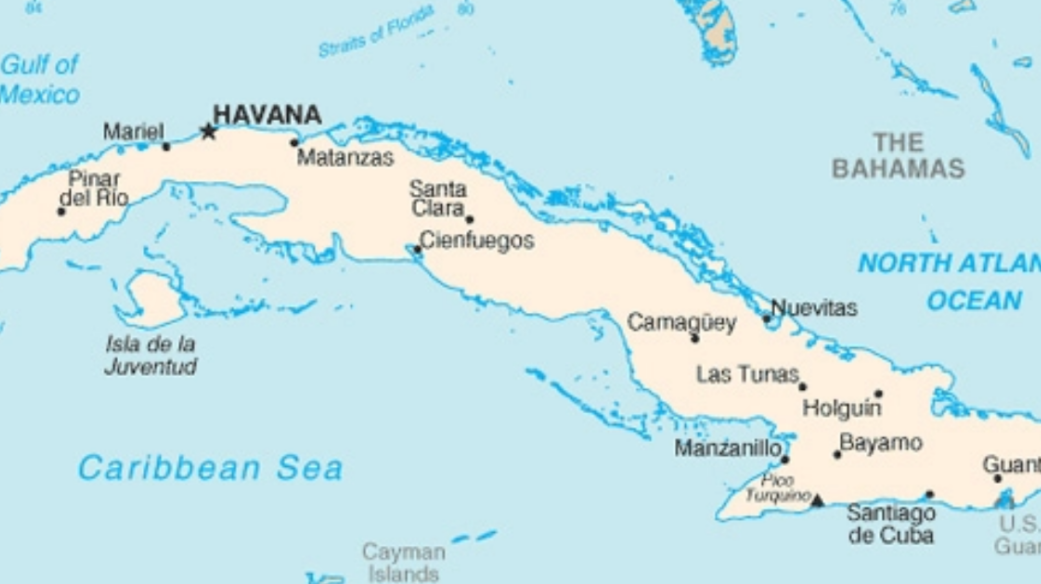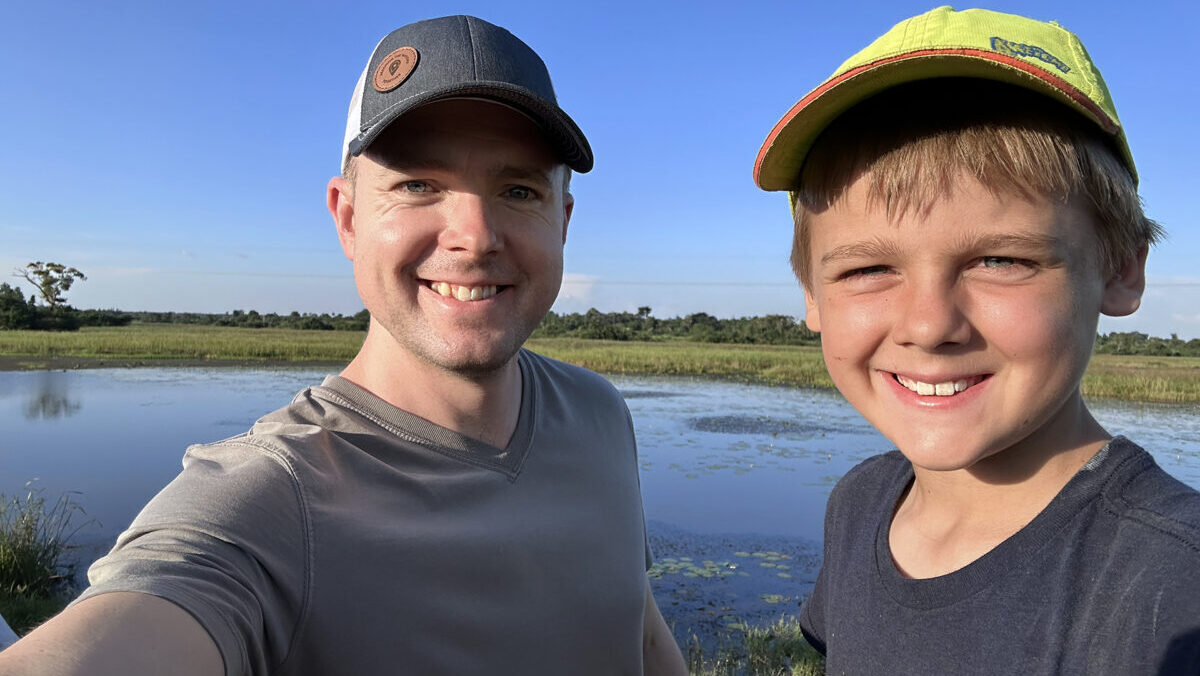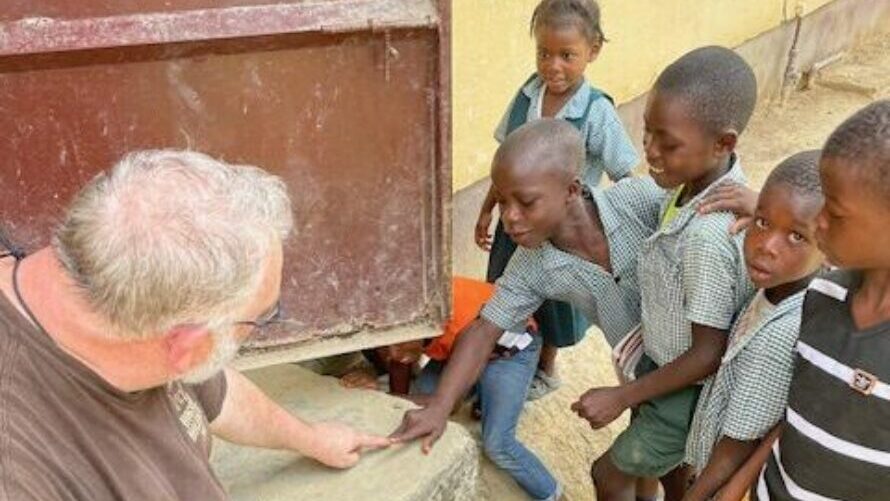Documented violations of religious freedom in Cuba more than doubled from 2021 to 2022, a new report has revealed.
Christian Solidarity Worldwide — a human rights organization based in the United Kingdom — reported 657 documented violations of freedom of religion or belief in 2022, compared to 272 the previous year.
Actual numbers of violations almost certainly were greater since all the individuals documenting them for CSW were forced into exile before the end of the year because of threats and harassment.
Situation has ‘deteriorated’
Violations include arbitrary detention, travel restrictions, harassment, being prevented from attending religious services, confiscation of property and attacks on social media.
“The situation for freedom of religion or belief deteriorated once again in Cuba in 2022,” said Anna-Lee Stangl, head of the global advocacy team for CSW, “and without significant and concerted international intervention this trend is likely to continue into 2023.
“Despite this we are heartened by the many religious leaders and human rights defenders on and outside of the island who continue to speak publicly on [freedom of religion or belief] and other violations.”
Javier Peña, communications and outreach director for Outreach Aid to the Americas, said findings in the CSW report are consistent with what his organization has observed and heard from Cuban faith leaders.
“The regime’s repression of Christian as well as non-Christian groups continues to deepen and shows no sign of letting up,” Peña lamented.
Continued crackdowns
Violations of freedom in 2022 marked the continuation of a government crackdown that began after protests in Cuba on July 11, 2021.
Peña noted efforts to “intimidate and prevent religious leaders and their followers from offering spiritual and material support to political prisoners and their families.”
“Evangelical and Catholic leaders have made many efforts to provide spiritual encouragement and service to political prisoners, many of them quite young, but such efforts have been opposed on threat of punishment by the authorities,” he said.
“In addition, there is a heightened sense of fear and caution among many citizens, making them less likely to publicly criticize the regime out of fear of harassment and even arrest.
“One of the measures taken by the regime following the July 11 popular uprising is a tightening of restrictions on freedom of expression, which extends to online activities and statements. This has had a further chilling effect on religious expressions of support for justice and human rights.”
New laws, more repression
The CSW report suggests the situation for religiously observant Cubans likely will grow worse. A new criminal code that went into effect in December increased the government’s ability to crack down on religious leaders, particularly those related to unregistered groups.
When a new family code goes into effect this year, it will add yet another weapon to the government’s arsenal against noncompliant religious leaders — the threat of removing children from their homes if parents are not considered sufficiently supportive of authorities.
“Numerous pastors and other religious leaders who have taken to social media to criticize the criminal and family codes — which they oppose on various grounds, including opposition to even more repressive policies and to state-directed indoctrination of minors — have been harassed and received threats,” Peña said.
“Some of this response by the state is also shaped by the mobilization of Cuba’s religious community to oppose the regime’s push for a 2019 referendum to approve the new constitution, which many religious groups opposed on various grounds, including concerns about weakened religious freedom protections.”
Constitution fails to meet standards
Based on a survey of faith leaders and other research, CSW concluded the Cuban constitution fails to meet 34 of 36 freedom-of-religion standards established in international law and only partially meets the other two.
The same survey revealed 95% of respondents agree freedom of expression in religious pastoral practice is partially or totally repressed in Cuba; 93% of faith leaders said they were victims of state repression; 84% agreed freedom of assembly is impeded.
Stangl called on the international community to take steps to hold “the Cuban Communist Party to account for its decades-long mistreatment of religion and belief groups in the country.”
The CSW report urged Latin American countries in particular to “emphatically voice concerns about Cuba’s consistent violations of human rights, including [freedom of religion or belief], and seek ways to support independent civil society in Cuba, including religious groups.”
“The European Union and the United States, for their part, must actively seek ways to coordinate with each other and engage with other governments, especially those in the Western Hemisphere, to ensure that demands that the Cuban government make long overdue reforms to ensure that the fundamental rights of all are protected and upheld are made consistently and in unison,” the CSW report concludes.
“Ultimately, the future of Cuba lies with its people; those around the world who believe in the principles of democracy and fundamental human rights must stand with them in their peaceful pursuit of political and social change.”
EDITOR’S NOTE — This story was written by Ken Camp and originally published by Baptist Standard.








